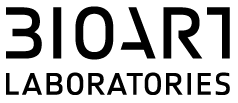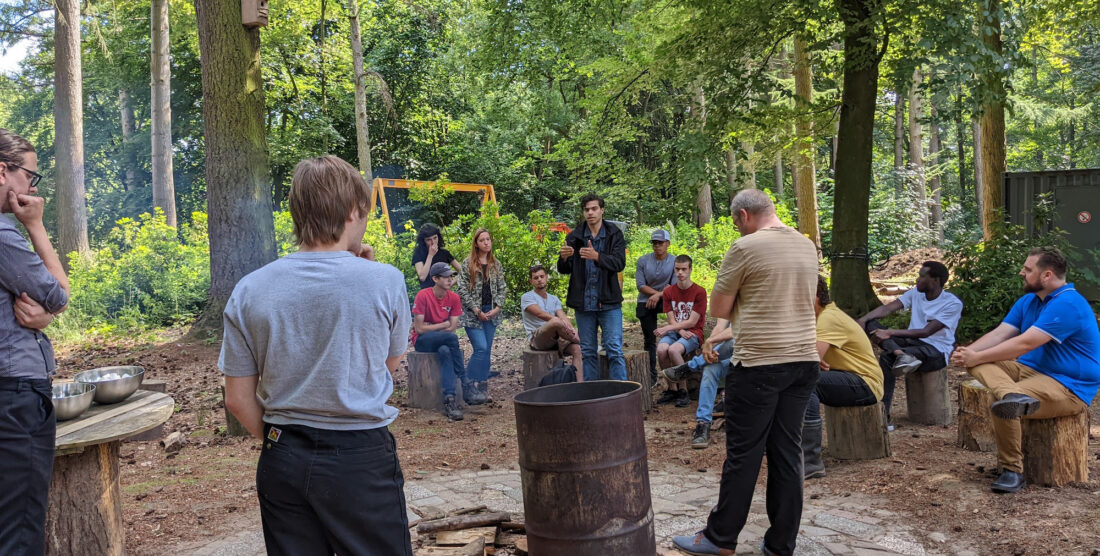Trust in Science: Public trust in science is crucial against a backdrop in which knowledge societies are facing multiple global challenges. But under pressure of conspiracy theories, alternative interpretations of reality compete. As a result trust in the government, in media and public information, but also in scientific expertise and innovation has been decreasing.
Due to the increasing intertwinement of public and private interests, many voices in contemporary societies are questioning whether scientific information is sufficiently valid, disinterested and objective. At times, the arts can create platforms for dialogue to discuss different aspects of trust and distrust, and their legitimacy. But for the artist it is also important to guard the point at which art becomes PR.
In this firepit debate we discussed the legitimate and illegitimate aspects of trust and distrust in science.
The debate led by philosopher Dr. Laurens Landeweerd (Radboud Universiteit) accompanied by a special guest, old council member Mary Ann Scheurs we started the debate with some interesting subjects.
Subjects in which freedom and trust in science and other working fields were appointed. The first main topic was freedom within working fields, art and science being the main branches. First, the art branch was discussed, how artists have freedom now and what the different participants thought of freedom that should be given to artists. Then this topic was converted to science because those two fields meet at BioArt Laboratories. In science, freedom is more limited, and a lot of opinions were given about this freedom. Then shortly, the debate moved to what this freedom does to de reliability of the artist/scientist.
The next main topic was about the problems created in science and if the science field can fix them on its own. Maybe co-operation between branches would give more solutions. We found that art and science should make and research topics they enjoy. The joining and collaborations between different working fields and how they possibly amplify each other in looking for solutions for small and big problems in the world could give more insight. Also, sociology was a big theme as a different branch in this part of the debate.
Lastly, the influence of science and if one person or the whole company could be responsible for the results and possible changes within humanity. We chose different sides in how this is looked at among the participants, and even some changed their minds after hearing each other’s opinions.
There was a happy, sociable, and respectful ambiance, which is why it ended with an informal evening with hot potatoes, marshmallows, and drinks.
Join us for the next one in Oktober 2022!



